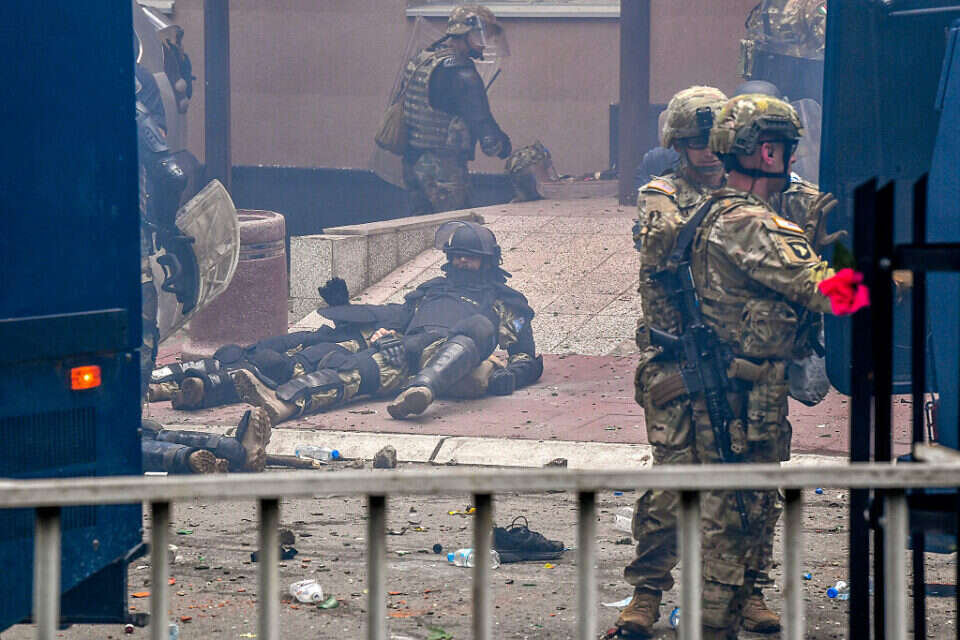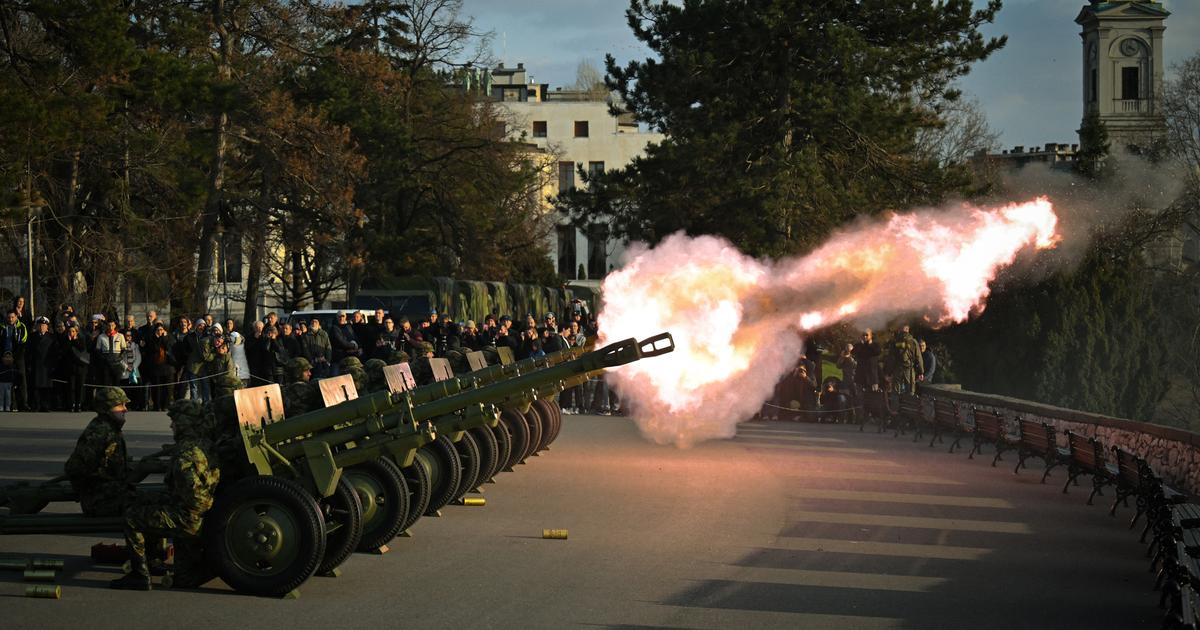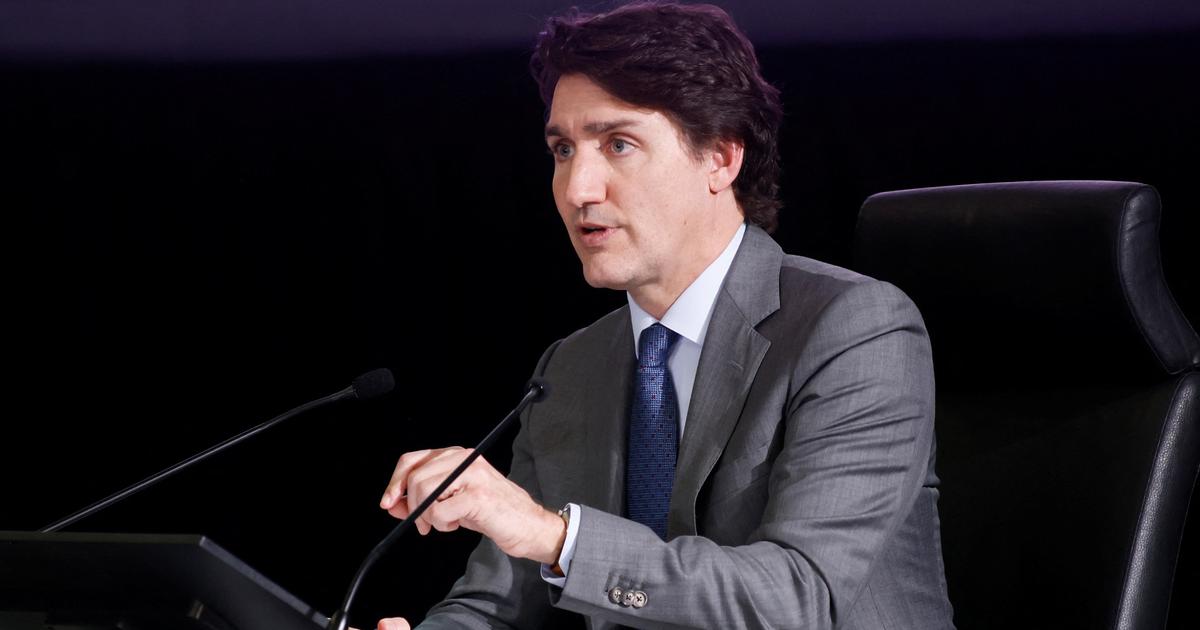Tensions continue between the Serb minority in northern Kosovo and the Kosovo government and NATO forces in the country, after dozens of NATO soldiers were wounded yesterday at the aid of Serbian protesters and despite NATO's warning that attacks on its troops stationed in the country were "unacceptable." In violent ethanol clashes in the Serbian enclave in northern Kosovo, thirty NATO soldiers, mostly from Hungary and Italy, were injured, some seriously, by Kosovar-Serb protesters.
Kosovo Serbs are protesting the local government's decision to appoint Albanian mayors to head Serbian-populated municipalities. This decision was made after the Serbian minority decided to boycott the municipal elections held last month. Following the boycott, candidates from the Albanian minority living in northern Kosovo were elected mayor of Serb-majority cities. The swearing-in ceremonies of these elected officials were held yesterday, and they caused the demonstrations and violent clashes.
NATO forces in Kosovo after the riots // Photo: Reuters
The United States and the European Union, the guarantor of the volatile coexistence between the Albanian majority and the Serb minority in Kosovo, asked the Kosovo government to refrain from these appointments so as not to escalate tensions with the Serb minority. The Kosovo government ignored the request. After protests against the inauguration ceremonies began, NATO troops in three Serbian cities in northern Kosovo created a buffer around city halls. These forces were attacked as Serbian protesters tried to take control of the municipalities. The demonstrators threw stones, Molotov cocktails and other flammable objects at NATO soldiers. NATO troops used smoke grenades to disperse the attackers. The Serbs claim that dozens of them were injured and evacuated to hospitals.
NATO's response to the attacks on its soldiers said: "This violence must stop. We call on all sides to condemn these incidents that increase tensions and to open a dialogue." Italian Prime Minister Giorgia Meloni also issued a strong condemnation of the clashes, in which Italian soldiers were also wounded: "What happened is completely unacceptable and irresponsible. We will not tolerate further attacks on NATO forces in Kosovo." EU High Commissioner for Foreign Affairs Josep Borrell also issued a demand for the Kosovo government and protesters to act to immediately calm the situation.
The Serb minorities in Kosovo and Bosnia-Herzegovina, who have the full backing of the Serbian government, have stepped up tensions in their countries in recent weeks in what appears to be a deliberate attempt to destabilize the Balkans and create another epicenter of military tension in Europe to divert attention from the war in Ukraine. Serbs have traditionally been allies of Russia, despite Serbia's efforts to join the European Union. Serbia's nationalist president, Aleksandar Vucic, also wants to diminish attention at home and abroad from his weakening political standing at home. Two mass shootings in Serbia last month sparked massive protests against Vucic and his government, among the largest demonstrations seen in the capital Belgrade since the popular coup that toppled dictator Slobodan Milošević in 2001.
Wrong? We'll fix it! If you find a mistake in the article, please share with us












